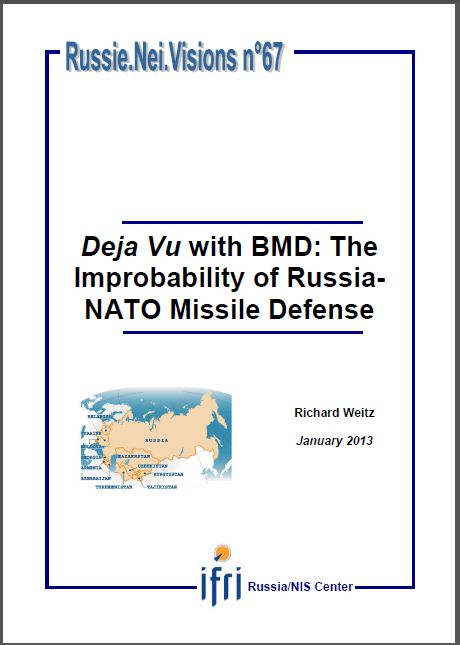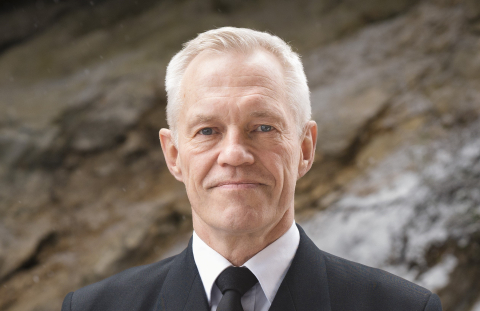Deja Vu with BMD: The Improbability of Russia-NATO Missile Defense

Consistent attempts by the US and NATO to cooperate on ballistic missile defenses have long divided Russia and the West. The failed talks on this issue have built a foundation of frustration that has reinforced the general lack of trust among the parties on this issue.
Each US and Russian administration for the past twenty years has declared its commitment to collaborate on joint Russian-American BMD projects. Despite varying enthusiasm for NATO missile defense spending in European countries, NATO has always endorsed cooperating with Moscow on BMD if possible, if for no other reason than to dispel Russian concerns about any resulting system. Russia and the West have tried different approaches to overcome their differences, but so far nothing has worked for long.
Download the full analysis
This page contains only a summary of our work. If you would like to have access to all the information from our research on the subject, you can download the full version in PDF format.
Deja Vu with BMD: The Improbability of Russia-NATO Missile Defense
Related centers and programs
Discover our other research centers and programsFind out more
Discover all our analysesThe Caspian Sea as an Emerging Energy Hub : Potentials and Limitations
This report analyzes the prospects of the Caspian Sea region — and its key actors except for Russia and Iran — becoming an important energy hub serving the needs of the European Union (EU).
The European Union's Strategic Test in Georgia
The political crisis brewing in Georgia is of an existential nature for the country. What is at stake is Georgia's future as a democratic and sovereign European nation (EU).
Commanders of Putin's Long War: Purged, Reshuffled and Disgruntled
The trend of reshuffling the Russian top military command in the course of a fast-evolving and far from successful war has progressed unevenly both across the Armed Forces’ structures and in time. The rationale for and timing of the abrupt cadre decisions made by Commander-in-Chief Putin often defy logical explanation, and the rare official clarifications are no more informative than the usual information blackout.
Russian Military Manpower After Two and a Half Years of War in Ukraine
In addition to a military victory in Ukraine, the Russian leadership is planning to build up sizable troop formations for a possible conflict with NATO in the Baltic region and the Kola Peninsula. In particular, current plans aim for the military manpower to grow by about 350,000, reaching a total of 1.5 million soldiers and commanders. In the context of the current conflict in Ukraine, this cannot be accomplished without a new wave of mass mobilization.











